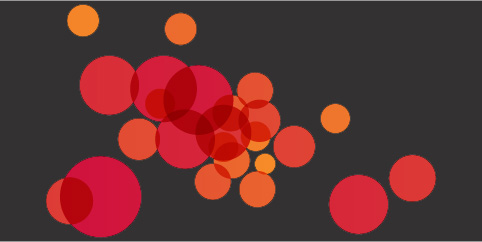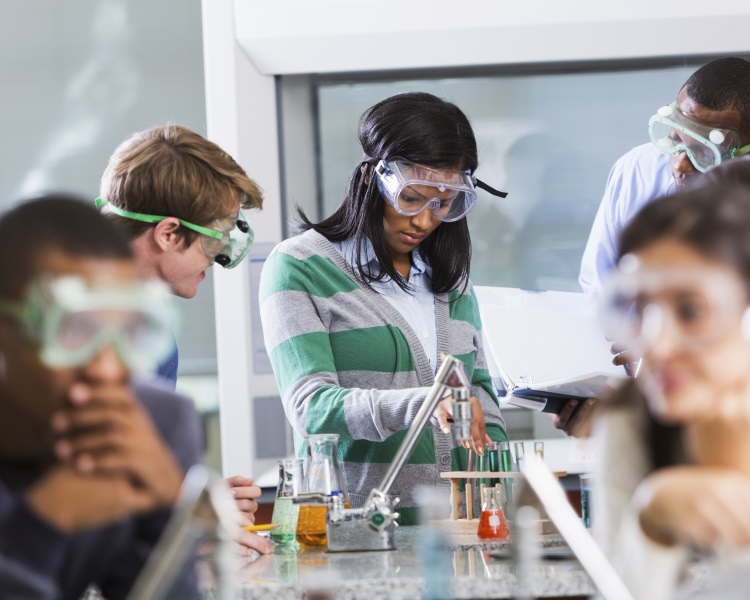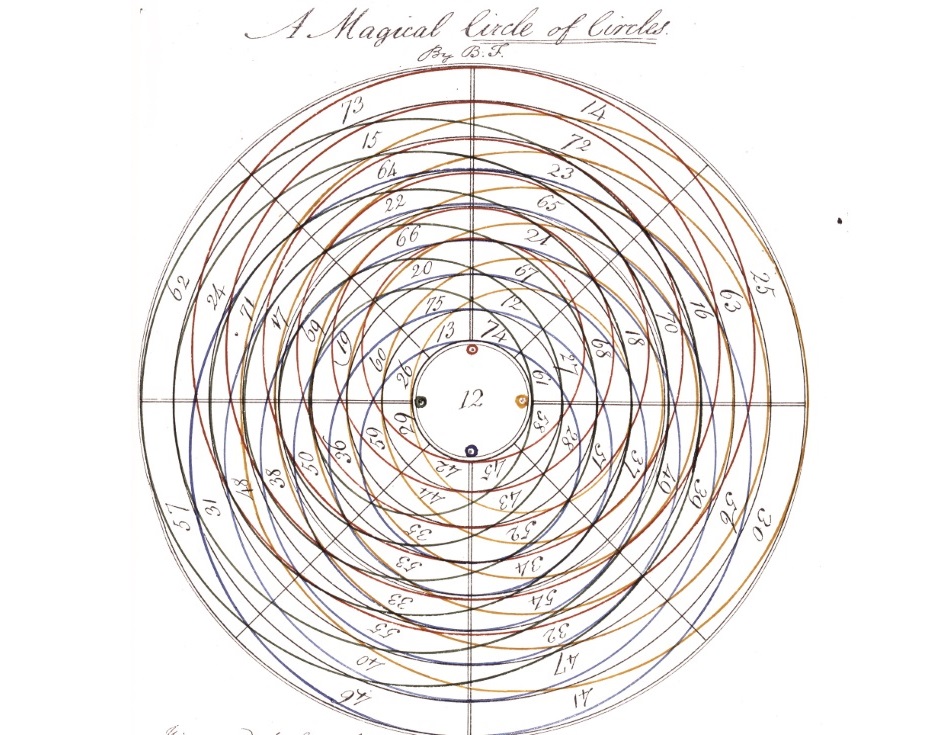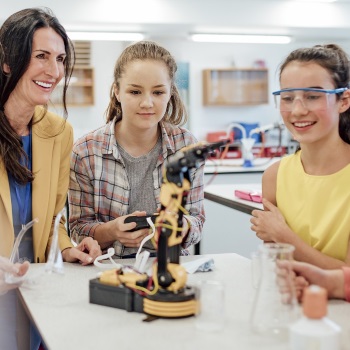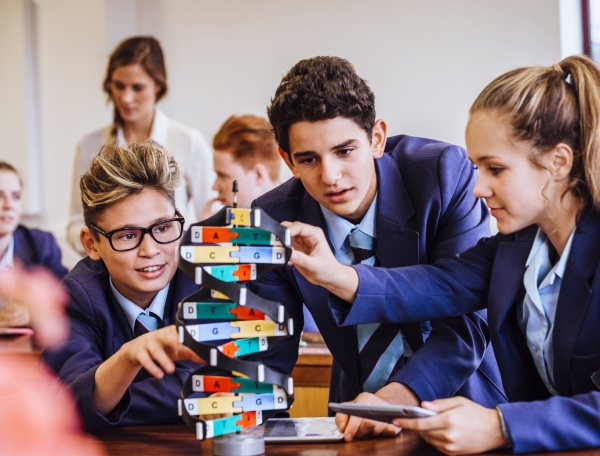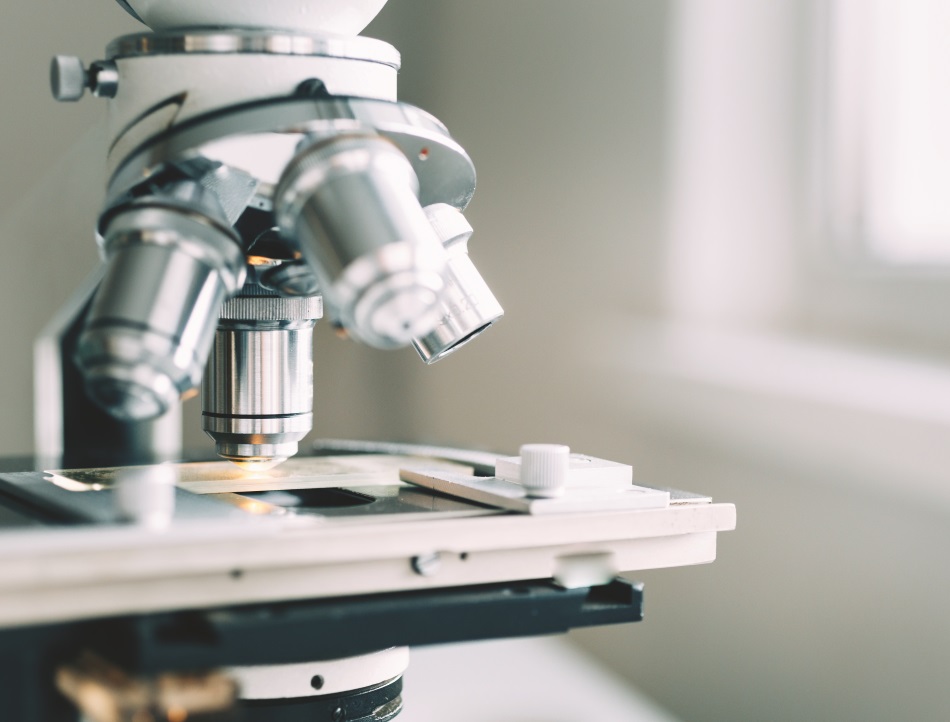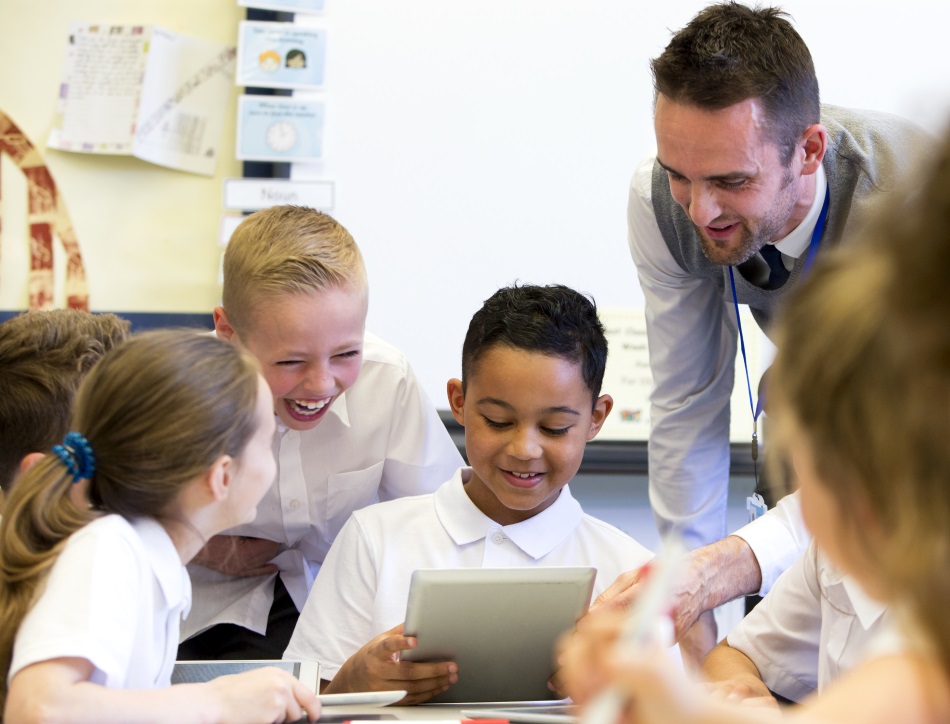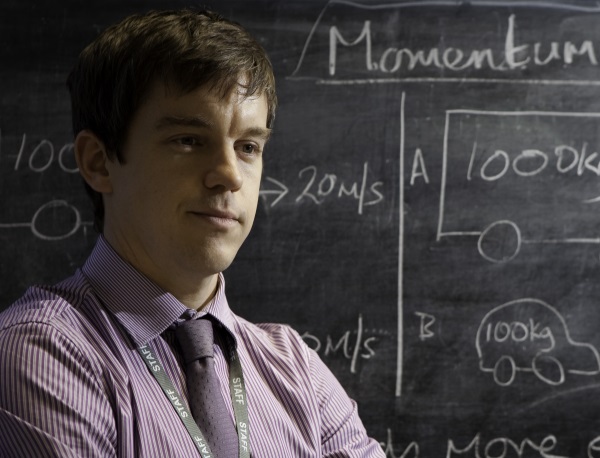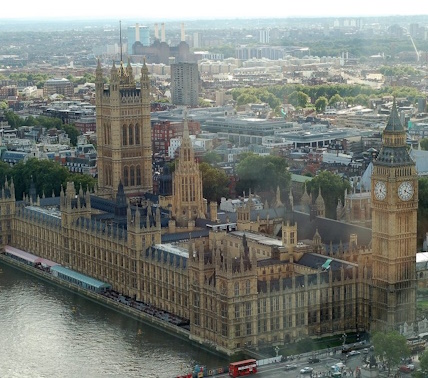How education and skills empower people
The foundations of the scientific knowledge and skills that produce the best scientists are established in schools and colleges and nurtured by committed and talented teachers. Our daily lives are infused with science, mathematics and technology, which underpin almost every aspect of the modern world; from the smartphones that we use to communicate and algorithms that recognise disease at the earliest stage, to energy storage solutions that will contribute to reducing our reliance on fossil fuels.
A broad education including science, mathematics, computing, arts and humanities provides a strong grounding for everyone to live well and contribute their talents to the world. In a rapidly changing world, we need more young people from more diverse backgrounds to have a broad set of knowledge and skills that can lead to STEM careers. A good education also means ensuring that all citizens benefit from the opportunities presented by science, at the same time developing the ability to engage confidently in discussion around how its applications shape society.
This is why as part of its mission to apply science for the benefit of humanity, the Royal Society acts both to inspire young people through engagement with schools and colleges, and to be a major contributor in helping to shape the educational system and landscape through its research and policy work.


